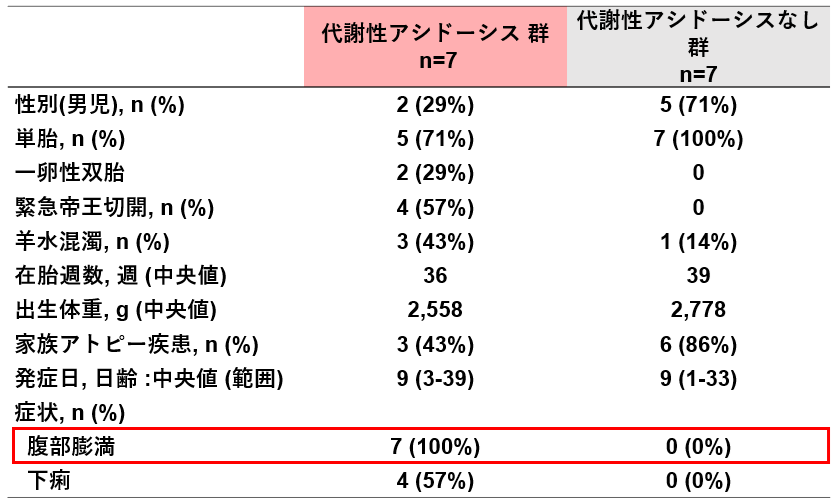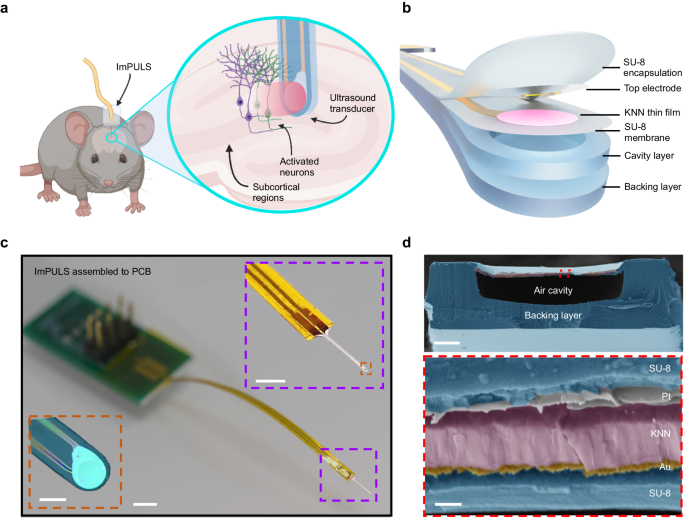2024-06-05 カナダ・ブリティッシュコロンビア大学(UBC)
<関連情報>
- https://news.ubc.ca/2024/06/ubc-developed-oral-insulin-drops/
- https://www.sciencedirect.com/science/article/abs/pii/S016836592400138X
- https://www.sciencedirect.com/science/article/abs/pii/S0168365924000531
新規ペプチドを用いた舌下ルートによるタンパク質の全身送達 Systemic delivery of proteins using novel peptides via the sublingual route
Jiamin Wu, Natalie Jones, Lukas Hohenwarter, Feng Zhao, Vanessa Chan, Zheng Tan, Tiffany Carlaw, Tessa Morin, Jing Li, Tejinder Kaur, Lucas J. Andrew, Colin J.D. Ross, Sarah Hedtrich, Shyh-Dar Li
Journal of Controlled Release Available online: 4 March 2024
DOI:https://doi.org/10.1016/j.jconrel.2024.02.042
Highlights
- Two novel derivatives of protamine were synthesized to facilitate sublingual delivery of proteins.
- These protamine derivatives enable delivery of proteins up to 150 KDa by simple mixing.
- The protamine derivatives promoted transcellular delivery by forming nanopores on cell surface.
- These protamine derivatives were safe in mice.
Abstract
Therapeutic proteins often require needle-based injections, which compromise medication adherence especially for those with chronic diseases. Sublingual administration provides a simple and non-invasive alternative. Herein, two novel peptides (lipid-conjugated protamine and a protamine dimer) were synthesized to enable sublingual delivery of proteins through simple physical mixing with the payloads. It was found that the novel peptides promoted intracellular delivery of proteins via increased pore formation on the cell surface. Results from in vitro models of cell spheroids and human sublingual tissue substitute indicated that the novel peptides enhanced protein penetration through multiple cell layers compared to protamine. The novel peptides were mixed with insulin or semaglutide and sublingually delivered to mice for blood glucose (BG) control. The effects of these sublingual formulations were comparable to the subcutaneous preparations and superior to protamine. In addition to peptide drugs, the novel peptides were shown to enable sublingual absorption of larger proteins with molecular weights from 22 to 150 kDa in mice, including human recombinant growth hormone (rhGH), bovine serum albumin (BSA) and Immunoglobulin G (IgG). The novel peptides given sublingually did not induce any measurable toxicities in mice.
Graphical abstract

タンパク質の経粘膜デリバリーのための細胞透過性ペプチド Cell-penetrating peptides for transmucosal delivery of proteins
Jiamin Wu, Sophie Roesger, Natalie Jones, Che-Ming J. Hu, Shyh-Dar Li
Journal of Controlled Release Available online: 27 January 2024
DOI:https://doi.org/10.1016/j.jconrel.2024.01.038
Highlights
- Cell-penetrating peptides (CPPs) enhance biological drug permeation across various mucosal barriers.
- CPPs use endocytosis, direct translocation, and membrane destabilization to mediate intracellular transport.
- Local administration of CPPs is a preferable route with clinical successes.
Abstract
Enabling non-invasive delivery of proteins across the mucosal barriers promises improved patient compliance and therapeutic efficacies. Cell-penetrating peptides (CPPs) are emerging as a promising and versatile tool to enhance protein and peptide permeation across various mucosal barriers. This review examines the structural and physicochemical attributes of the nasal, buccal, sublingual, and oral mucosa that hamper macromolecular delivery. Recent development of CPPs for overcoming those mucosal barriers for protein delivery is summarized and analyzed. Perspectives regarding current challenges and future research directions towards improving non-invasive transmucosal delivery of macromolecules for ultimate clinical translation are discussed.
Graphical abstract


